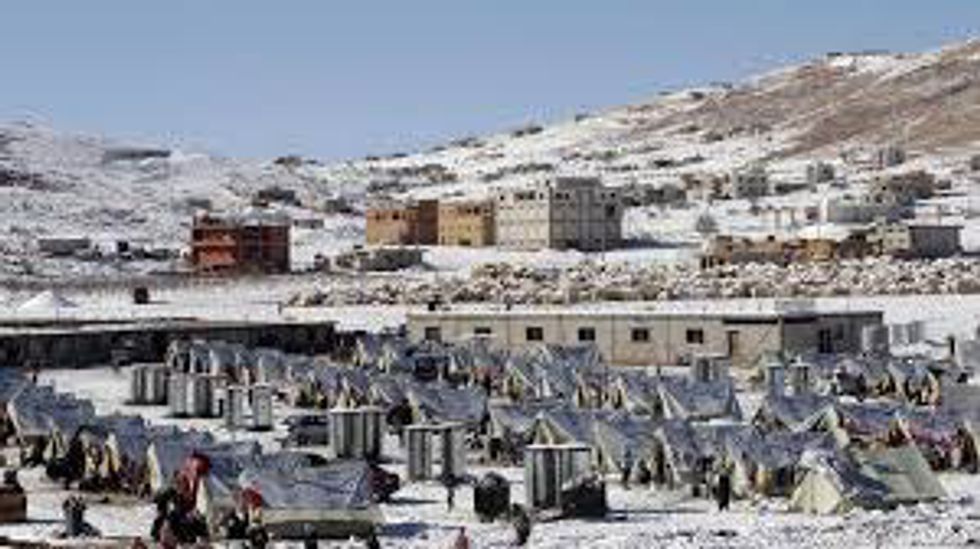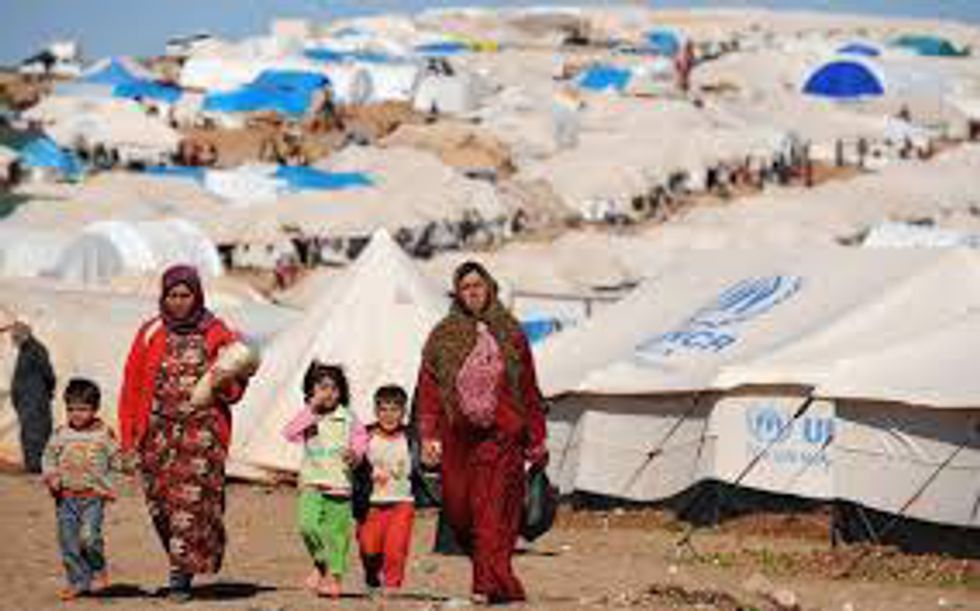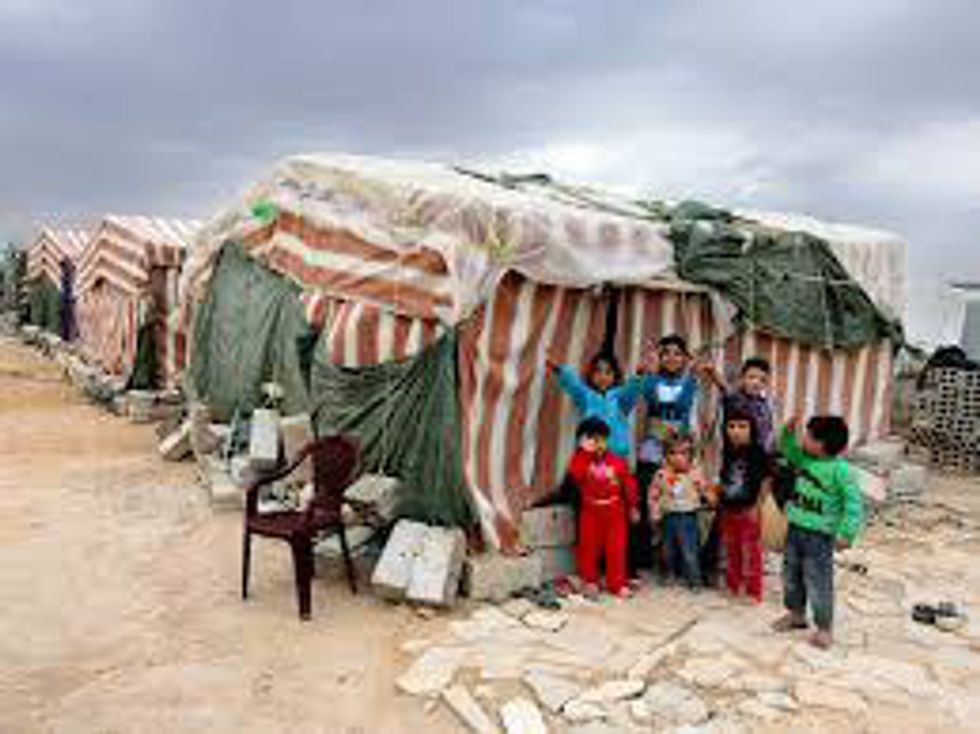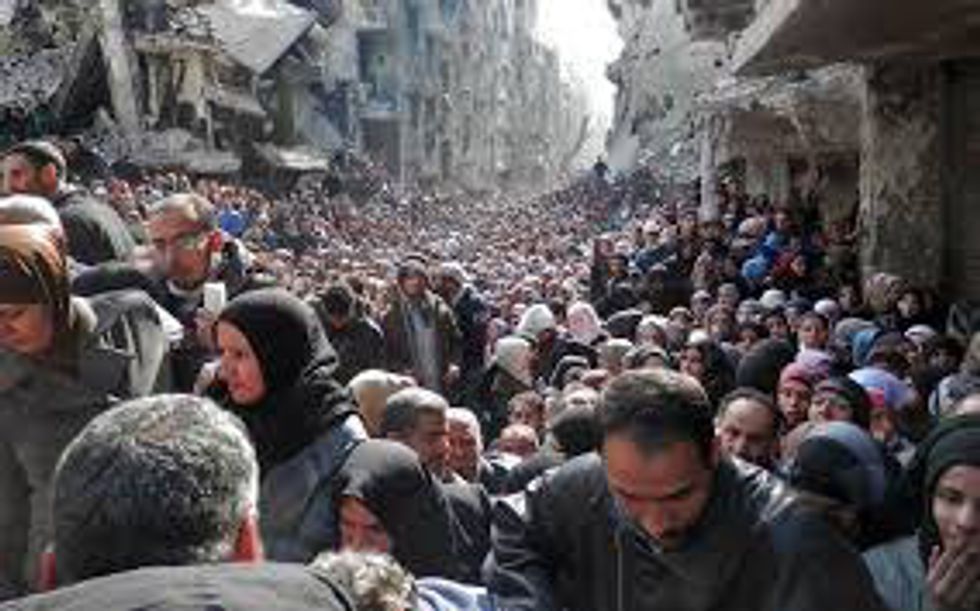Ever since the Syrian uprising in 2011, refugees have been fleeing the country. Out of the 4.8 million refugees that have fled Syria 1.5 million of those have relocated to Lebanon. The open border policy that was in place in Lebanon until January, that was good in theory, actually caused many issues. The surplus of citizens has put a strain on the society and economics of the country.
The Lebanese government's hospitality made it easier for refugees to integrate themselves in communities rather than staying in the crowded refugee camps. The quality of life in the refugee camps is not the best. The camps are crowded, the buildings offer limited protection from the elements; some of the families have to stay in tents. Living in a camp can limit refugees’ opportunity to manage their own lives as they are not exposed to as many opportunities or the community around them. At the same time, it is harder to provide services to the refugees who have settled in different areas of the country. Having the refugees in one place just makes it easy to drop off a bunch of supplies in at once.With Syrian refugees now making up over a quarter of Lebanon's population, the economy is under a lot of strain. Lebanon was already struggling to keep up with the demands of the population prior to all of the refugees arriving. The lack of economic growth is not providing the government with enough money to invest in basic necessities, such as clean water. In addition, there is less money to transport supplies to the refugees living in communities.
Many Lebanese are losing their job to refugees who are willing to work for less money. The schools do not have enough space or teachers to accommodate the refugees, so many children no longer attend school. These children are then encouraged to join the workforce or marry young in order to provide for their families. The lack of money makes it hard for anyone to afford unnecessary goods or services which is pushing even more people out of work. In host communities the minimum wage is lowering to accommodate the low-paid immigrants.
Jobs are hard to come by for the refugees; even before the waves of more people, Lebanon was not doing great economically. Many refugees resort to prostitution, early marriages for the children or begging on the street. The job market is even worse around refugee camps because there is just so many people that the economy can not support everyone. There are food services being implemented by The World Food Programme in an attempt to help those suffering.
Even though the media is not covering the refugee crisis as much as it was a few months ago that does not mean the struggle is over. For many people the struggle is only beginning. The war is causing a ripple effect over the whole world; these people are not only losing their homes but their country and their lifestyle. The supposedly safe camps still pose dangers to those living there, and travelling to a foreign country halfway across the world is not the most appealing or even possible option. At this point, both the people of Syria and Lebanon are just doing their best to survive.
They need any help we can give them. Donate to the Canadian Red Cross or any other creditable organization to help with the relief efforts.






















